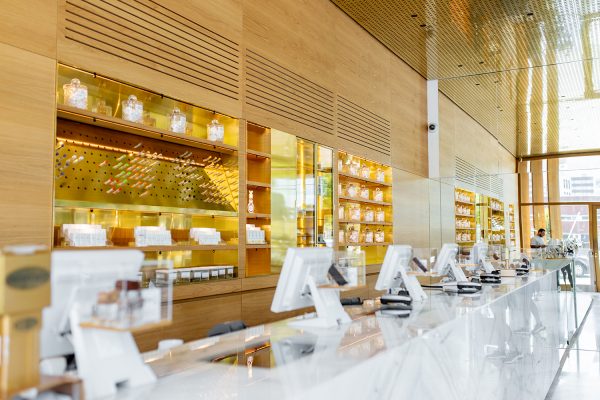
Experts and retailers caution against it, but the mayor of Amsterdam, Femke Halsema, is determined to ban the sale of cannabis to tourists.
In an op-ed for the NRC newspaper, I explain why it’s such a bad idea. Far from deterring the worst tourists, a ban would lead to more petty crime, more public consumption of weed and more nuisance to residents.
Here is a summary in English.
Doubling down on a failing policy
The mayor admits hers is not a perfect solution. She told the city council as well as Het Parool, the newspaper of Amsterdam, that a ban would be difficult to enforce and that critics aren’t altogether wrong to fear tourists might turn to drug dealers.
A former Green party leader, Halsema even supports the legalization of cannabis nationally. Until that happens, she believes something must be done about overcrowded coffeeshops in Amsterdam. (“Coffeeshops” are licensed cannabis retailers, named after the coffeehouses where cannabis were sold illegally before the drug was decriminalized in the 1970s.)
But overcrowding is a problem the city government created. Amsterdam had over 400 coffeeshops in the 1990s. The city closed more than half, including all coffeeshops in the Red Light District and those within walking distance of schools, in an attempt to suppress cannabis consumption.
That failed. In fact, cannabis use in Amsterdam has increased. Not from locals. The Dutch consume less weed than most Europeans. Amsterdam’s remaining 168 coffeeshops increasingly tailors to tourists. Of the 22 million who visited Amsterdam in 2019 — a record — 5 million went to a coffeeshop. (The figures include Dutch visitors from outside Amsterdam, but most tourists are foreign.)
Coffeeshops have gotten busier. More weed is smoked outside, in part because smoking tobacco indoors has been banned. Clients are allowed to smoke pure marijuana in coffeeshops, but not “joints”, a combination of cannabis and tobacco. This has led to complaints from neighbors.
The obvious solution, it seems to me, is to license more coffeeshops, including in residential areas, so tourists can spread out and locals don’t have to go downtown to get weed.
Instead, the mayor hopes that by banning the sale of cannabis to tourists, weed consumption will finally fall and Amsterdam can shutter even more coffeeshops.
Hope triumphs over experience
Hope being the operative word, because there’s little to substantiate her expectation.
On the contrary, two studies suggest hundreds of thousands of weed-smoking tourists will continue to come to Amsterdam, and buy the drug off the street.
The first, conducted by the city itself in 2019, found that half the foreign visitors of the Red Light District would still come even if they were banned from coffeeshops. 40 percent said they could surely buy weed elsewhere.
The Amsterdam associations of cannabis retailers funded a citywide study last year, which produced similar figures: 17 percent of tourists said they would buy cannabis from a drug dealer instead, 11 percent said they would buy it elsewhere (probably online), and 13 percent would ask a Dutch friend to buy weed in a coffeeshop for them.
There are alternatives
Left-wing parties, including Halsema’s own Greens, are against the ban, and they have a majority in the city council.
Halsema could go around the council. Cannabis is still classified as an illicit drug under Dutch law, and Dutch mayors can regulate its sale however they see fit.
But that would isolate her. In addition to city council members, the hospitality lobby has come out against Halsema’s proposal. They fear it would lead to more drug sales and use in hotels. Various drug experts have criticized the plan for the same reasons I have. Coffeeshops themselves are wary.
Three have sent the city eight counterproposals that address complaints from neighbors, including allowing coffeeshops to deliver weed, developing an app to control the flow of customers and spreading sales points more evenly across the city.
None of these ideas have been taken seriously by Halsema, who claims she hasn’t heard “better alternatives”.
